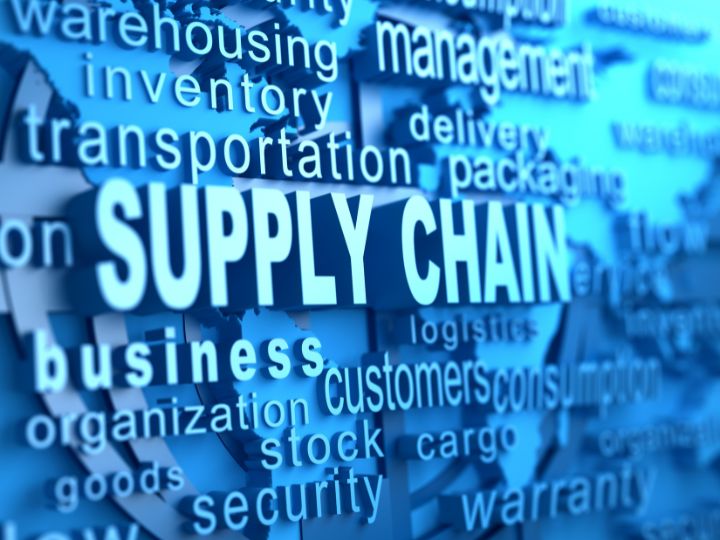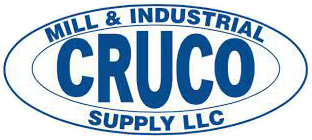Essential Supply Chain Management: How Cruco Supply Keeps Your Operations Running Smoothly

In today’s interconnected business landscape, a well-orchestrated supply chain serves as the backbone of successful operations. Whether you’re manufacturing products, running a retail operation, or managing a service-based business, the efficiency of your supply chain directly impacts your bottom line, customer satisfaction, and competitive advantage.
The Critical Role of Supply Chain Management
Supply chain management encompasses the entire flow of goods, information, and finances as they move from supplier to manufacturer to wholesaler to retailer to consumer. This complex network requires careful coordination, strategic planning, and real-time adaptability to function effectively.
Modern businesses face unprecedented challenges in supply chain management. Global disruptions, fluctuating demand patterns, evolving customer expectations, and technological advances have transformed how companies approach their supply networks. Organizations that master these complexities gain significant advantages in cost reduction, quality improvement, and market responsiveness.
Key Components of Effective Supply Chain Management
Strategic Sourcing and Procurement The foundation of any robust supply chain lies in establishing reliable supplier relationships and implementing strategic procurement practices. This involves identifying qualified vendors, negotiating favorable terms, and creating contingency plans for supply disruptions. Companies must balance cost considerations with quality requirements while maintaining flexibility for changing market conditions.
Inventory Optimization Striking the right balance between having sufficient stock to meet demand while minimizing carrying costs requires sophisticated planning and forecasting. Advanced inventory management systems help businesses predict demand patterns, optimize reorder points, and reduce excess inventory that ties up working capital.
Logistics and Distribution Efficient movement of goods from point of origin to final destination involves coordinating transportation modes, managing warehousing operations, and optimizing delivery routes. This component significantly impacts both costs and customer satisfaction, making it a critical area for operational excellence.
Technology Integration Modern supply chains rely heavily on technology platforms that provide visibility, automate processes, and enable data-driven decision making. Enterprise resource planning systems, warehouse management software, and real-time tracking capabilities have become essential tools for maintaining competitive operations.
Overcoming Common Supply Chain Challenges
Supply Disruptions Unexpected events can quickly disrupt established supply patterns. Successful companies develop resilient supply chains by diversifying supplier bases, maintaining strategic inventory buffers, and creating rapid response protocols for managing disruptions.
Demand Variability Fluctuating customer demand creates challenges in planning and resource allocation. Advanced forecasting techniques, flexible manufacturing processes, and agile supplier relationships help businesses adapt to changing market conditions while maintaining service levels.
Cost Management Rising transportation costs, material price volatility, and increasing customer service expectations pressure profit margins. Effective supply chain management identifies cost reduction opportunities through process optimization, supplier collaboration, and strategic sourcing initiatives.
Quality Control Maintaining consistent quality across a complex supply network requires robust quality assurance processes, supplier certification programs, and continuous monitoring systems. Quality issues can quickly escalate into customer satisfaction problems and brand reputation damage.
Building Resilient Supply Networks
Resilience has become a critical characteristic of successful supply chains. This involves creating systems that can absorb shocks, adapt to changing conditions, and recover quickly from disruptions. Resilient supply chains typically feature multiple supplier options, flexible logistics arrangements, and strong communication channels throughout the network.
Risk management plays a crucial role in building resilience. Companies must identify potential vulnerabilities in their supply chains and develop mitigation strategies. This includes assessing supplier financial stability, geographic risk factors, and dependency relationships that could create single points of failure.
The Partnership Advantage
Successful supply chain management often depends on strong partnerships rather than transactional relationships. When suppliers, logistics providers, and customers work collaboratively toward shared objectives, the entire network becomes more efficient and responsive.
These partnerships enable better information sharing, joint problem-solving, and aligned incentives that benefit all parties. Companies that invest in developing strategic partnerships often achieve superior performance in cost, quality, and service delivery.
Technology’s Transformative Impact
Digital transformation continues to reshape supply chain management. Artificial intelligence enhances demand forecasting accuracy, Internet of Things sensors provide real-time visibility into shipments and inventory levels, and blockchain technology improves traceability and transparency throughout the supply network.
These technological advances enable more precise planning, faster response times, and better customer service. Companies that effectively leverage these tools gain significant competitive advantages in their markets.
Measuring Supply Chain Performance
Effective supply chain management requires comprehensive performance measurement systems. Key metrics typically include cost efficiency, delivery performance, quality indicators, and customer satisfaction scores. Regular monitoring of these metrics enables continuous improvement and helps identify areas requiring attention.
Benchmarking against industry standards and best practices provides additional insights into performance gaps and improvement opportunities. Companies that consistently measure and improve their supply chain performance typically achieve better business results.
Looking Forward: Future Trends
Supply chain management continues to evolve rapidly. Sustainability considerations are becoming increasingly important as companies seek to reduce environmental impact while maintaining operational efficiency. Circular economy principles are influencing how businesses design their supply networks and manage end-of-life products.
Automation and robotics are transforming warehousing and distribution operations, while advanced analytics provide deeper insights into supply chain optimization opportunities. Companies that stay ahead of these trends position themselves for long-term success in increasingly competitive markets.
Effective supply chain management requires expertise, resources, and strategic focus that many businesses struggle to develop internally. If you’re looking to optimize your supply chain operations or address specific challenges in your logistics network, consider partnering with experienced professionals, like Cruco Mill & Industrial Supply, who understand the complexities of modern supply management. The right partnership can transform your supply chain from a cost center into a competitive advantage that drives business growth.
